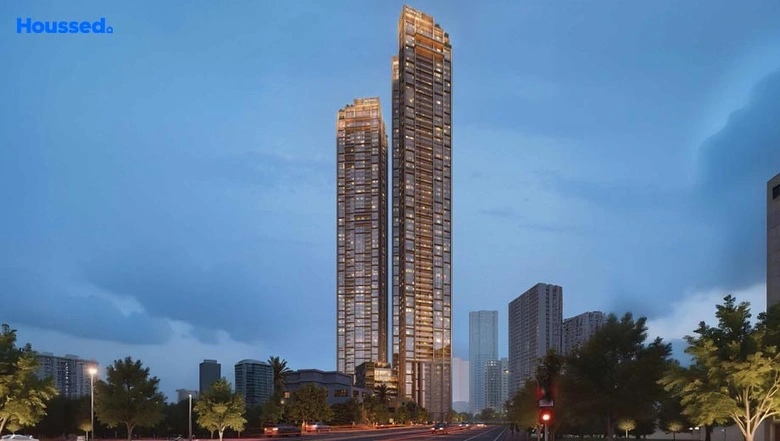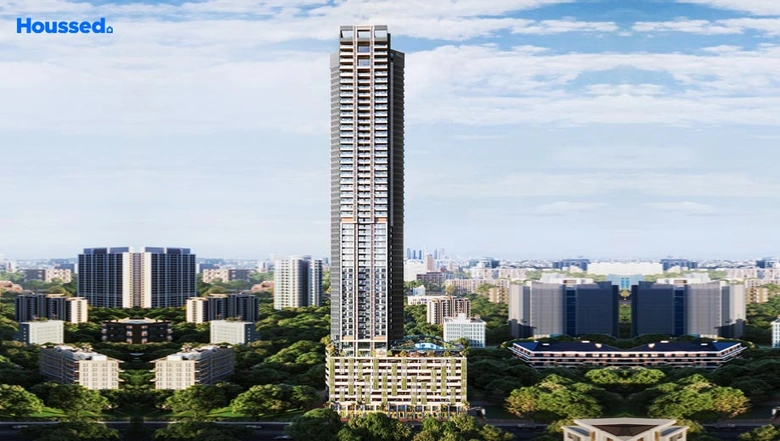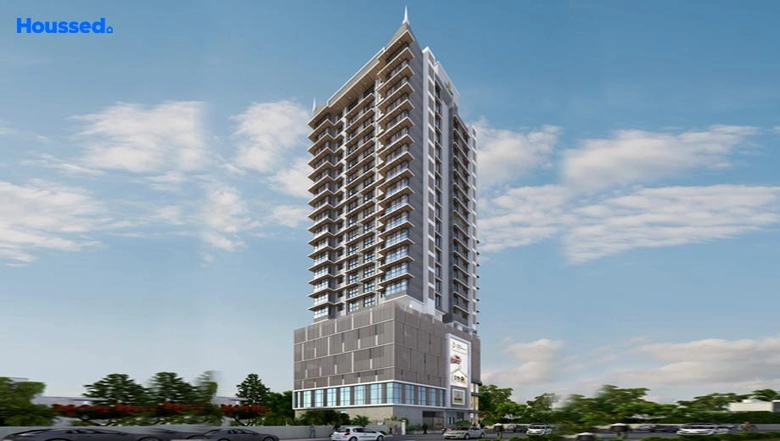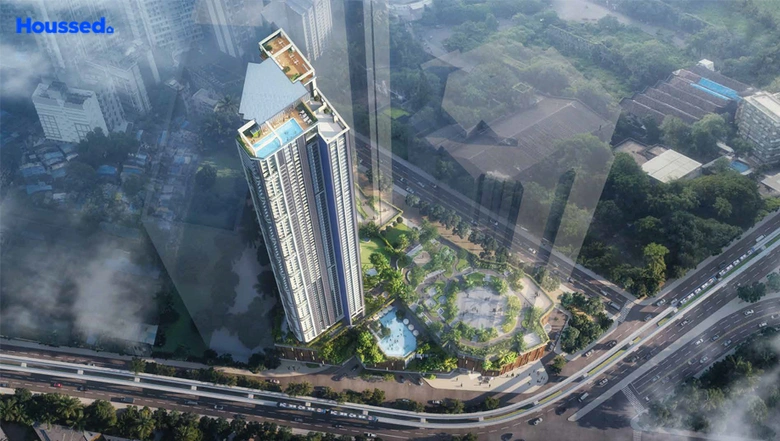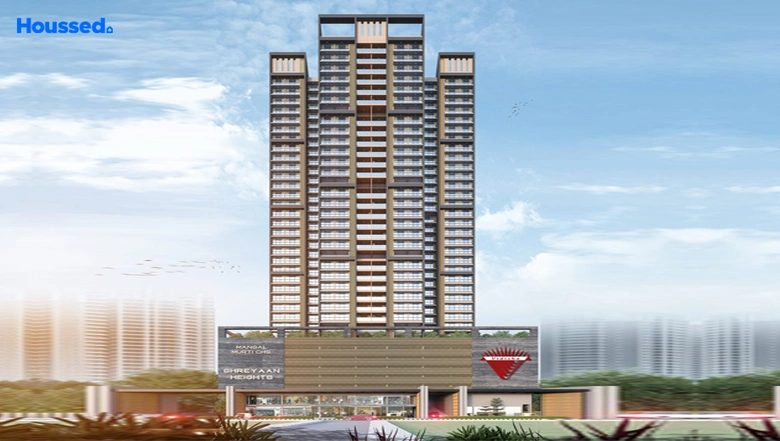Should You Pay Extra for Parking Spaces?
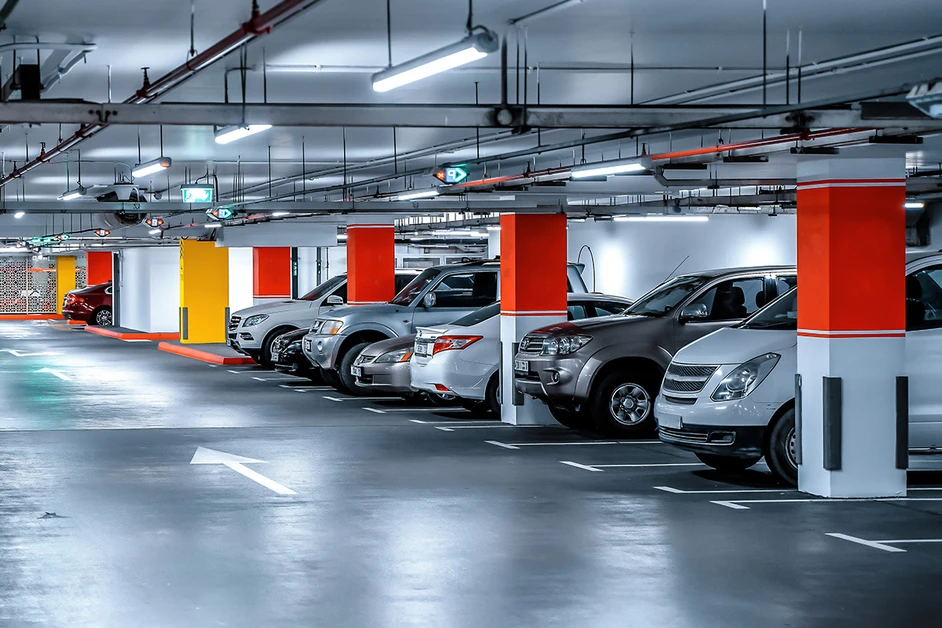
It takes little logic to understand that there are more cars than ever before on our roads nowadays. Thus, parking is a considerable problem in many places, and things will aggravate before they get better.
Owning a flat or house is a dream in every person's life. People finance their hard-earned money in their dream house or get monetary support from banks and pay as an EMI (Equated Monthly Installment), a fixed payment made at a specific date each calendar month. However, when purchasing a flat, besides the total square feet of the apartment, builders charge extra car parking space, VAT, and maintenance charges.
With all these, many home buyers are still waiting to be ready to accept the covered car parking charges (CCP), which are charged for the joint space of the flat.
The builders charge additional parking for some reasons. First, the common area accessible in society is restricted; if the extra charge is not imposed on car parking, it will lead to chaos in the community.
Hence by charging the consumers, they are allocating precise places for parking, which will also reduce the fights amongst the inhabitants on parking issues.
One of the many problems that need to be clarified among residential society members is parking space. Thus, a buyer must be clear about the availability of parking regions, whether uncovered or stilt parking.
Should You Pay Extra For Parking Spaces?
The builder may sell closed garage areas separately following the RERA Act of 2016; however, open or stilt parking spaces are categorically excluded from public assets like the staircase, entrance, lift, lawn, etc.
Thus, charging an additional customer payment for parking areas is illegal. As soon as the society is recorded, the MC issues an Occupation Certificate, and the originator arranges a handover, which becomes society's property.
That is obeying the SC (Supreme Court's) ruling upholding the judgment made by the Bombay High Court in 2011. But, the builders agreed that parking areas might be sold to others as autonomous units.
However, the society's inhabitants later objected. So the developer made a court appearance so that the society's inhabitants would not protest twenty-five stilt spots being sold to non-members.
That means one spot for 3 BHK and two for a 4 BHK. Each state's development control regulations require the builder to give consumers a parking place. Albeit, parking regulations can vary from state to state.
Apartments can establish parking laws, including a parking fee decided in the discussion in the General Body. The parking space is part of society's shared space and can't be sold. The SC ruled in 2010 that developers had no right to sell flat residents' parking.
Parking space sales have been created illegal; hence purchasing no longer applies. The Delhi High Court had determined one parking spot per unit in favour. Per the court's ruling, parking should only be authorised in locations appointed for that use and not in other shared areas.
Uncovered and Stilt Parking spaces
Should a consumer pay extra for a parking area, or can a builder ask for additional payment for parking spaces poses a substantial issue? So let us start with the difference between stilt and open parking areas.
Stilt parking is standard in big cities, where the construction of vertical real estate is the primary focus because of lack of available land. A stilt parking space can be between 2.4 and 2.7 meters. At the same time, the open parking is different from other project areas and is a certified open space. Numerous projects have designated visitor parking areas outside the residential complex.
6 Apartment Car Parking Problems And its Solutions
1: Unofficial Parking
If you own a four-wheeler vehicle, you are eligible for a parking area or stilt. Generally, per your BHK size, one or two are at your apartment car parking. However, society members park more vehicles than authorised in their allotted area. For instance, the husband already possesses a car and parks in his usual spot. However, when the wife purchases a new one or a relative or friend visits for an extended period, they park their cars in the guest parking or open space without permission.
The solution to this problem is that if you have been allotted a car parking space as per your BHK size, which you are already using, and even if it is large enough to let an extra two-wheeler parking, consult the Municipal Corporation before permanently parking it. Different motor vehicles and cars can only be parked in areas not allotted to you if approved by the Municipal Corporation. You have to pay parking expenses for an extra four-wheeler parking. A fine may be imposed by society for infringement of vehicle parking laws in society.
2: Tenant Parking
Tenants are not authorised to park inside the society if an excess permanent inhabitant vehicle exists.
The solution is that if the landlord is already qualified for a parking spot, then the tenant should get legal access to it. The owner has to ensure that the tenant receives an area. If the landlord is not eligible for parking, the tenant must pay parking charges if the owner decides to spend it on his behalf.
3: Guest parking
A common occurrence is that though there is parking space inside the building for guest parking, security guards, at the behest of the Municipal Corporation or out of their preference, instruct delivery personnel, visitors, or guests to park their vehicles on the streets. Occasionally such unnecessary measures lead to the theft of cars.
The solution is that the building has to keep at least twenty-five per cent space for visitor parking as per BMC, though it dropped to five per cent recently. So tell the guards regarding visitor parking rules according to your apartment by-laws.
4: Unfair Allotment
In communities with limited parking areas and where some inhabitants own second and third vehicles, they take more parking spots even though other landlords who may own just one automobile are not given a parking area.
The solution is that the Municipal Corporation allows parking on a first-come, first-served basis for qualified members with a vehicle. Suppose unoccupied areas are at society's disposal. In that case, the same resident may be allowed 2nd and 3rs parking spaces every year, except no other eligible residents have yet to be assigned one area.
5: Unmarked Spaces
Open parking areas lead to confusion among members if there is no structure for them to follow. In addition, unabiding residents can cause inconvenience to the rest regularly.
The solution is that the by-laws require society to mark parking spaces for bicycles, 2-wheelers, or 4-wheelers.
6: Limited Number of Parking Spaces
Due to the parking area deficit and excess vehicles, members must park outside in the building regularly.
The solution is that if so many vehicles belong to eligible residents, society draws a lot yearly. Another alternative is to provide areas on a rotating basis. Then, each member is given an equal opportunity to park their vehicles inside, even though they may have to take turns.
Role of Residential Welfare Association in Parking Rules in Residential Areas
Residential Welfare Association (RWA) is the organising committee documented under the Societies Registration Act of 1860. This implies that if you encounter a parking issue as an inhabitant of a housing society, they are the ones who could arrive for your help since this organisation is such a significant one. The Real Estate Regulatory Authority (RERA) Act properties on establishing an RWA within the first ninety days of when the apartments are booked.
However, there are some significant factors you would require to be aware of before booking a complaint. You must understand that:
- Any common area belongs to the apartment housing society, and the members of RWA do not own parking spots.
- The MC (RWA) could allot parking slots to residents who have done their registration, and parking allocation arrives under the jurisdiction of the housing society's managing committee.
- Homeowners and associate members could all be enlisted members.
- The parking areas in your area are all numbered using the Lay-Out-Plan that the civic body has ratified.
- If you have a sticker on the vehicle the RWA managing committee provided, you would be exempted from security checks while entering the society premises.
Conclusion
Should you pay extra for parking spots? The homeowners establish many of their purchasing decisions on the availability of good luxuries, with car parking a top priority requirement. With the expansion of high-rise buildings, parking areas in residential societies are a daily battle.
The absence of uniform parking laws across the board worrying parking rules in communities built an epidemic of unwritten laws and indiscriminate behaviour by everyone at stake. How to maintain sanity and guarantee fair treatment when there are so many cars and insufficient areas? This is the reason why societies have by-laws for parking. The RWA law solves any parking-related problem in society.
FAQ's
The person can ask for a copy of the RC book from members and allot them parking stickers for the vehicle.
Open or stilt parking, basement parking, and visitor parking are not comprised in the FSI calculation.
No, society can not sell petiole parking areas. But they can allot an area for a fee.
If a person does not abide by the by-laws of parking, then an appeal in a consumer forum or cooperative court can be made.
According to apartment acts, you are not authorised to cover or repurpose parking areas.
No, the builder can not allot the uncovered parking areas, and society must allocate parking spaces.
As per the model bye-laws, a member shall have no authority to sell or transfer parking spaces allotted by the society.
Most societies charge between one hundred to five hundred reputed for a single vehicle, rising with second and third vehicles.
Society can't collect parking deposits, and the bye-laws prohibit organisations from raising such funds.


